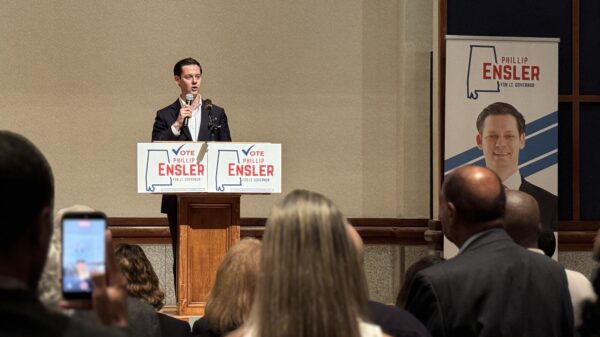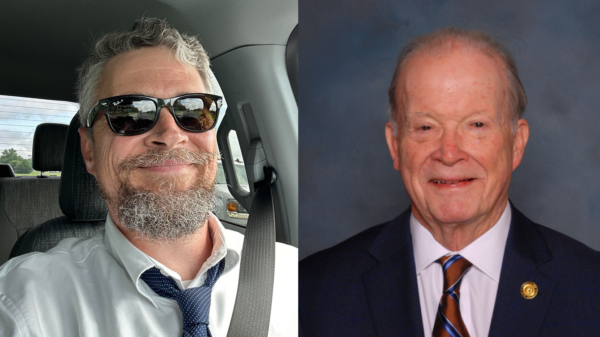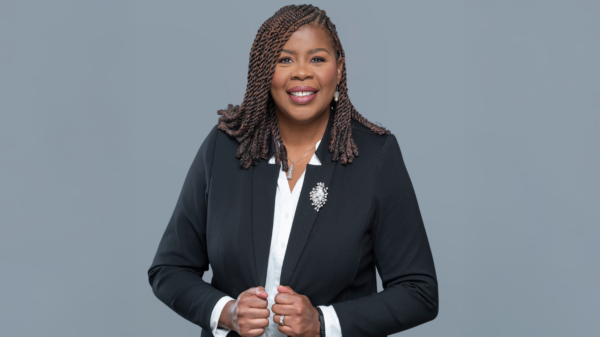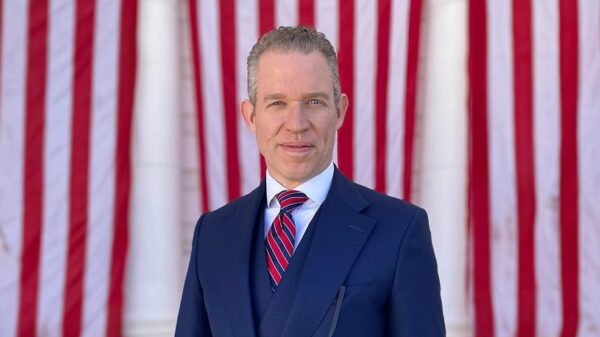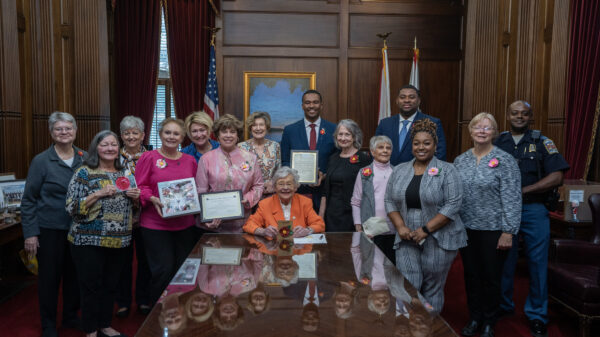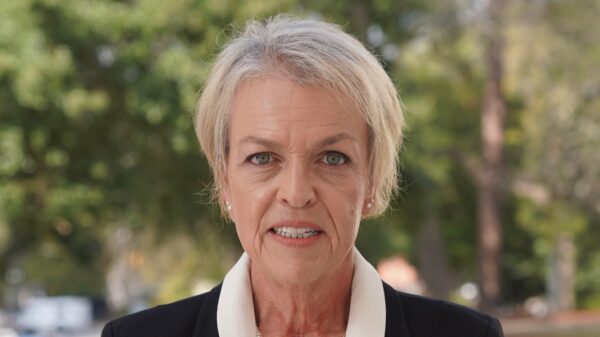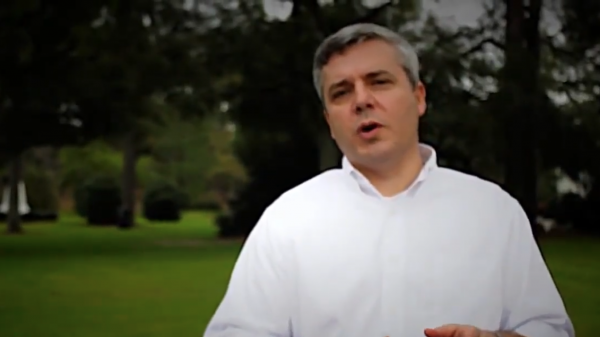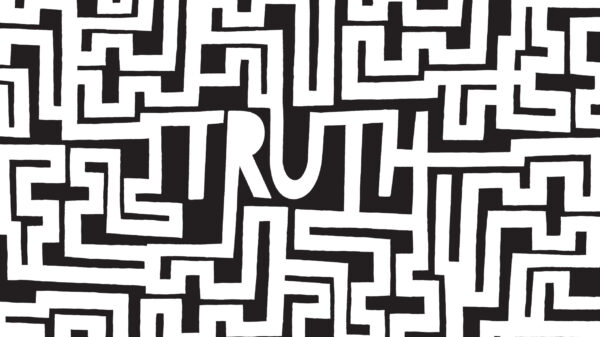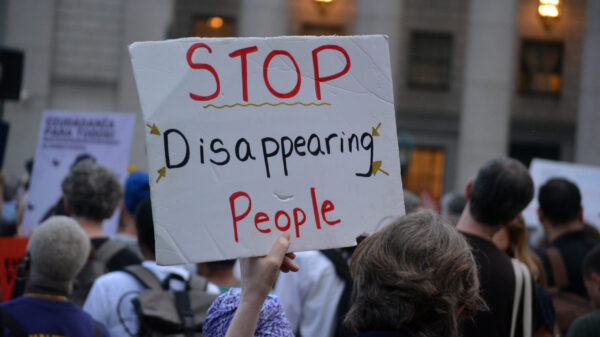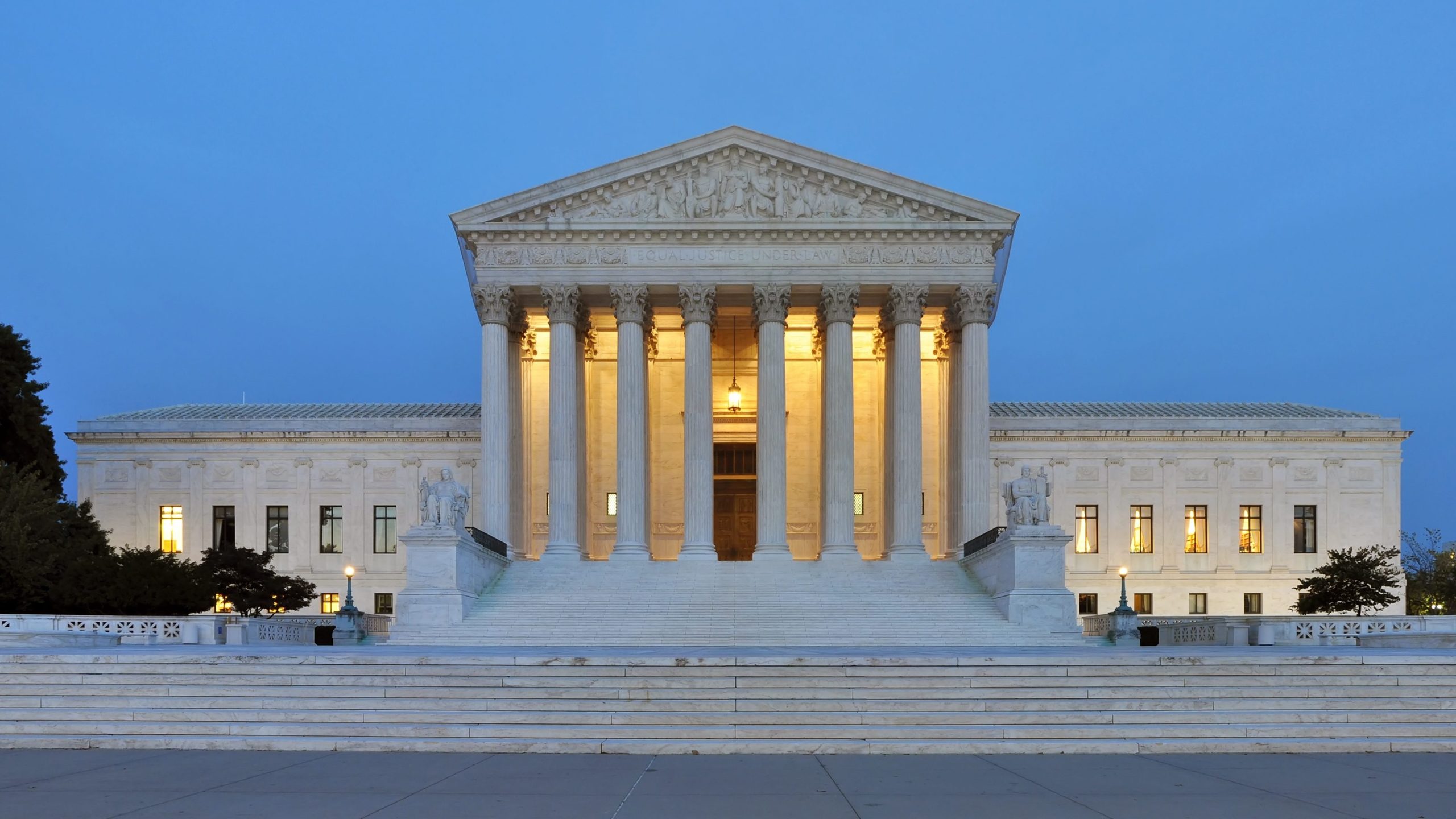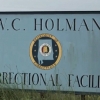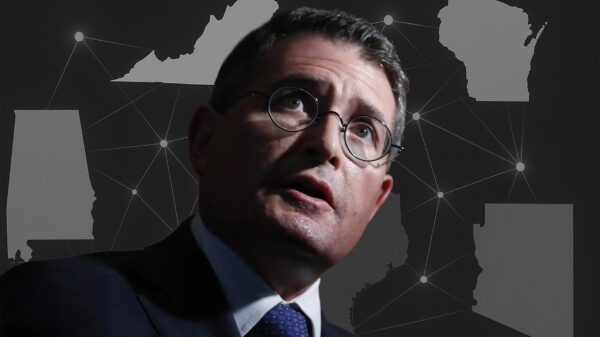On Monday the U.S Supreme Court ruled that a Colorado bakery did not have to bake a wedding cake for a same-sex wedding that he found morally reprehensible.
The Montgomery-based Foundation for Moral Law applauded the 7-2 U.S. Supreme Court decision.
The majority opinion of Justice Kennedy recognized that the case involves both free exercise of religion and free speech, because a wedding cake can be a work of art that conveys a message. The opinion recognized that baker Jack Phillips is a “devout Christian who seeks to honor God through his work at Masterpiece Cakeshop.” The Court further found that the Colorado Civil Rights Commission showed hostility toward Phillips and his religious beliefs, thus violating his right to a “neutral and respectful consideration of his claims.”
Foundation President Kayla Moore said that the ruling as a “victory for religious freedom everywhere.”
“The Foundation for Moral Law has always defended the right of those who believe in traditional marriage to practice and articulate their beliefs,” Moore said. “We will continue to defend that right in the future, and we are grateful to God that the Supreme Court has in this case supported our position.”
The Foundation wrote an amicus brief in support of Masterpiece Cakeshop.
“In that brief, we argued that by not allowing Masterpiece owner Jack Phillips to follow his religious beliefs,” Foundation Senior counsel John Eidsmoe said. “Colorado had sent a ‘message of exclusion’ that Mr. Phillips was a second-class citizen. The Court said the Colorado ‘commissioners endorsed the view that religious beliefs cannot legitimately be carried into the public sphere or commercial domain, implying that religious beliefs and persons are less than fully welcome in Colorado’s religious community.’ This reflects the Foundation’s argument.”
Liberty Counsel also filed an amicus brief in this case defending Jack Philips’ rights to freely exercise his religious beliefs.
“This is a huge victory for the religious rights private citizens,” said Mat Staver, Founder and Chairman of Liberty Counsel. “People should not be forced to speak a message that violates their conscience. Just as any person or business should have the right to refuse to promote a KKK event, in the same way no one should be forced to promote a same-sex ceremony that violates their sincerely held religious beliefs. A painter can refuse to paint hate, nudity or the Nazi symbol. A photographer or moviemaker can refuse to film offensive content. A person should be free to refuse to be used as a mouthpiece for an objectionable message. Today’s ruling protects that inalienable right to conscience.”
Only Justices Ruth Bader Ginsburg and Sonia Sotomayor dissented.
“Whatever the confluence of speech and free exercise principles might be in some cases, the Colorado Civil Rights Commission’s consideration of this case was inconsistent with the State’s obligation of religious neutrality. The reason and motive for the baker’s refusal were based on his sincere religious beliefs and convictions,” Justice Anthony Kennedy wrote. “Religious and philosophical objections to gay marriage are protected views and in some instances protected forms of expression.”

